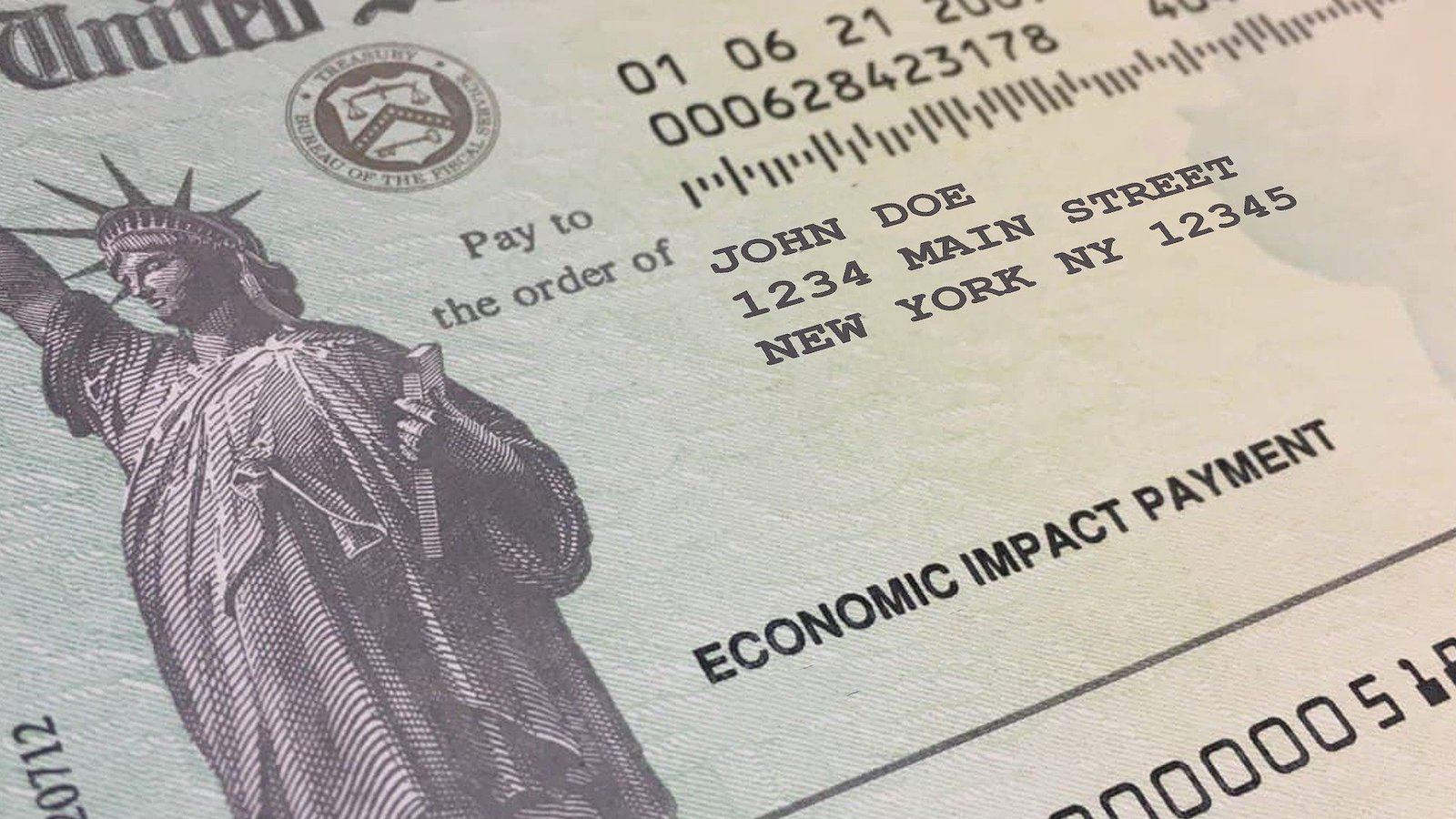Testimony on Corporate Taxation
The Maryland Public Interest Research Group supports the passage of SB 248, Imposing an alternative minimum assessment on corporations doing business in the State; providing for the computation of the alternative minimum assessment as a percentage of a corporation's gross receipts or gross profits, based on an election made by the corporation; limiting the assessment to $5,000,000 for any corporation and to $20,000,000 for affiliated groups of corporations; providing for credits against the corporate income tax under specified circumstances; applying the Act to tax years after 2011; etc.
Senate Budget and Taxation Committee
SB 248 – Taxation of Corporations – Alternative Minimum Assessment
Position: FAVORABLE
Position: The Maryland Public Interest Research Group supports the passage of SB 248, Imposing an alternative minimum assessment on corporations doing business in the State; providing for the computation of the alternative minimum assessment as a percentage of a corporation’s gross receipts or gross profits, based on an election made by the corporation; limiting the assessment to $5,000,000 for any corporation and to $20,000,000 for affiliated groups of corporations; providing for credits against the corporate income tax under specified circumstances; applying the Act to tax years after 2011; etc.
Background: Corporate Tax Loopholes Cost Maryland
Every Maryland corporation and every corporation that conducts business within Maryland, including public service companies and financial institutions, are required to pay the corporate income tax. Unfortunately, many profitable corporations including some of the nation’s best-known companies—such as GE, Google, and Goldman Sachs—have avoided paying the taxes they owe, costing Marylanders $2.1 billion last year. Companies avoid taxes legally, most notably by taking advantage of on shore and off shore tax havens.
280 profitable Fortune 500 companies collectively paid an effective federal income tax rate of 18.5 percent, about half of the statutory 35 percent, while receiving $223 billion in tax subsidies. On a federal level, large multinational corporations can often avoid paying their fair share of taxes through off-shore tax havens (e.g. “The Ugland House” in the Cayman Islands, a single five-story office building, supposedly houses 18,857 corporations).
Similarly, according to the New York Times, North Orange, a small thoroughfare in Wilmington, Del., is listed as the home to more than 6,500 companies. While off shore tax havens may allow corporations to avoid paying their fair share of federal taxes on shore tax havens can keep individual states, including Maryland, from collecting revenue that is rightfully owed to them.
AMA Will Help To Ensure That Multistate Corporations That Avoid Income Taxes Through Accounting Tricks Pay Their Fair Share
An alternative minimum assessment (AMA) would ensure all of the following:
•Collection of taxes from profitable companies that minimize or avoid income taxes through tax planning techniques and unprofitable companies that may benefit from public services
•Collection of tax revenue from companies protected from income taxes because of federal constitutional and statutory limitations
•A more stable revenue source
•Lower compliance and administrative costs as compared to the income tax
•A broader tax base that can allow for a lower rate or rates
AMA Will Provide Much Needed Revenue
Maryland’s 2012 budget has $6.6 billion in cuts; education funds were cut by 10% and health and retirement funds were cut by 14%. The education, retirement, and health of Maryland residents are too important to go underfunded because of corporate tax avoidance schemes.
The Comptroller’s Office advises that data on the gross profits of corporations is not
currently available; however, in examining tax year 2007 data, it estimated that if all corporations elected to use the gross receipts AMA, corporate income tax revenues would have increased by a maximum of $466 million.
Conclusion
Out of state “mail box subsidiaries” and other loopholes cheat Maryland out of revenue needed for essential services and leave the tax burden on families and small businesses; imposing an alternative minimum assessment on corporations would help remedy this problem. Maryland PIRG supports SB 248 and requests a favorable report.
Topics
Authors
Jenny Levin
Find Out More

Our 2023 Legislative Agenda and Priorities

Tips to file your tax return while avoiding fees, scams

How to get your stimulus payments when you file your tax return

